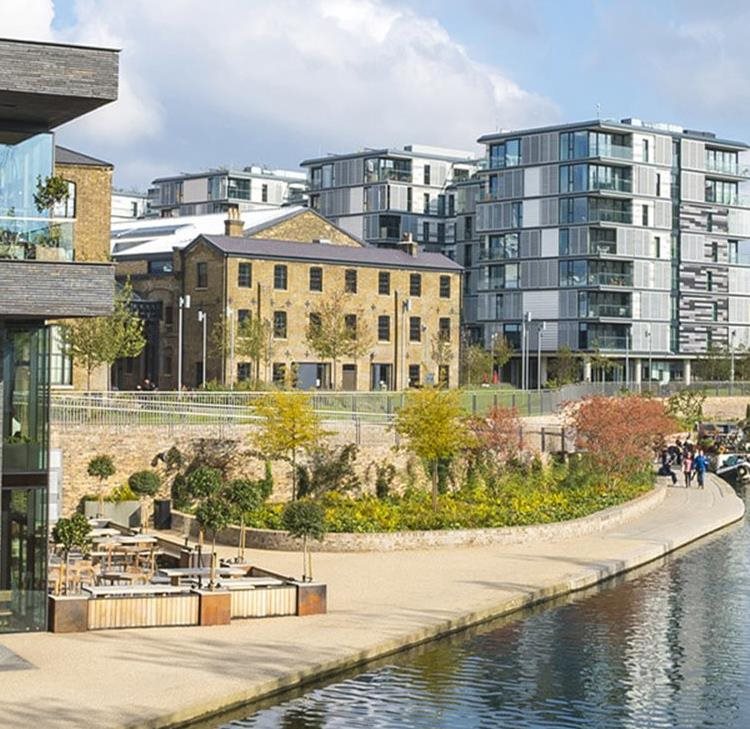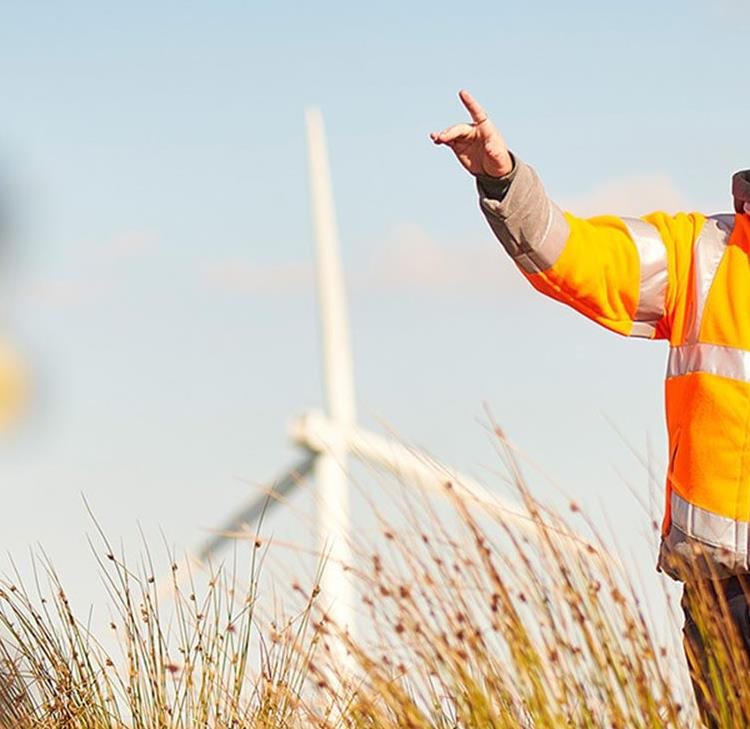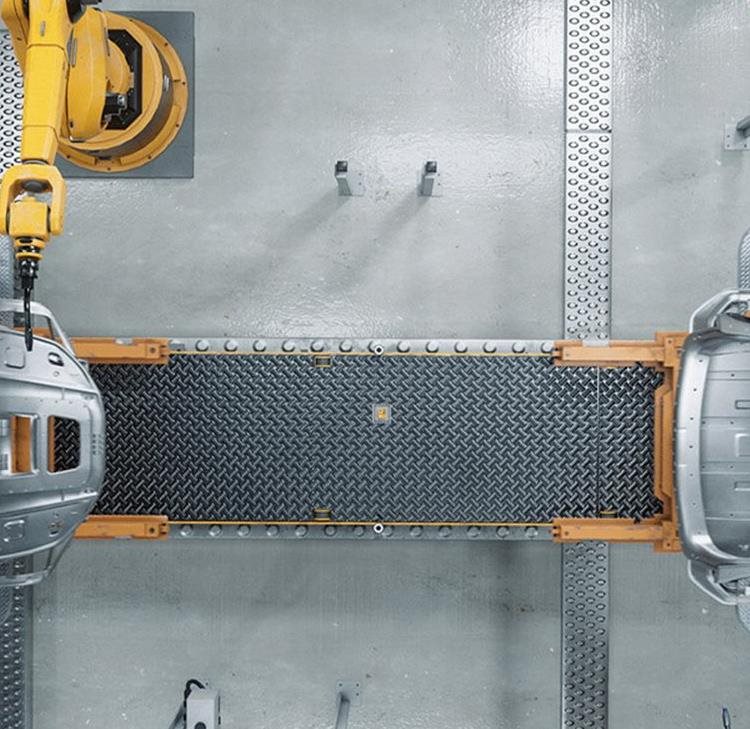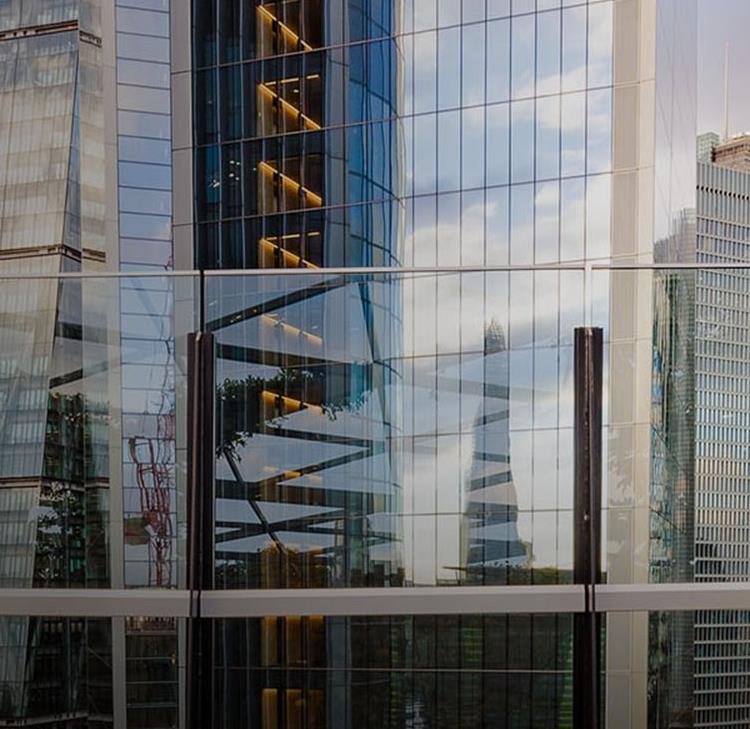Over recent years, various factors have combined to considerably increase the cost of settling property BI claims, which in turn is increasing the premiums businesses are paying for their insurance and may be leading to inadvertent under-insurance by policyholders.
Factors that have increased costs include Brexit, the COVID-19 pandemic, the war in Ukraine, rising energy costs and labour shortages. The soaring costs of gas and electricity has meant that many businesses have been forced to pass these on to customers in the price of replacement items. The UK-EU trading rules have caused complexity, delays and increased costs and in some cases cessation or significant reduction of remedial supplies. Staff absences and staff movement/shortages have all reduced manufacturing capacity.
Against that background the following trends need to be considered by insurers when adjusting BI claims:
- Inflation – this has had a huge impact of late, with year on year CPI inflation rocketing from BoE’s 2% target and peaking at 11.1% in October 2022. Whilst indications are that inflationary levels will normalise at some point in 2024/2025 to around the 3% mark, (and clearly there is market expectation to this effect as swap rates have already dropped to around 3.5%) we are unlikely to see a return to the historic lows which were contributed to by the BoE base rate. These inflationary pressures can have a huge impact on gross profit margins.
The impact does vary sector by sector, as in some cases the end consumer (whether knowingly or unknowingly) will absorb some of the impact e.g. in the hospitality sector, where portion sizes may be reduced, prices increased, ingredients substituted or a combination of all three. - Increased reinstatement periods and costs – the price of materials has rocketed compared to pre-pandemic levels – on average by 25% but in some cases breaching 70%. Additionally, lead times are up significantly, which can create problems with the maximum indemnity periods, which historically were sufficient but are now inadequate.
- Volatile baselines – assessing standard turnover is increasingly difficult as pre-pandemic turnover levels are too stale and the impact of the pandemic to 2020/21 turnover levels are easily attacked as unrepresentative. Ongoing volatility means that accurate forecasting remains very difficult.
- Industrial action – this remains increasingly prevalent in the national consciousness and the impact caused e.g. by rail strikes can be felt in the hospitality and retail sector for days or even weeks either side of the actual strike days given the impact of the ongoing actual or perceived disruption.
- Hybrid working practices – although there has been a gentle pressure exerted to encourage a greater return to office working to stop the decline in commercial real estate, the great exodus has persisted. This has led to increases in turnover for suburban hospitality and a comparative decline in city centre locations. As such suburban businesses will have a good argument to demonstrate an upturn in turnover at a time when most businesses are going into decline.
Because these issues are usually unrelated to the insured peril, their impact on the insured’s gross profit or turnover calculations needs to be carefully factored into any BI loss calculation and subsequent claims payment. As is the case with resolving most property claims, collaboration with the insured is key.
Contents
- Perils: Property insurance claims newsletter - May 2023
- Proximate cause focus: Brian Leighton Garages v Allianz and Allianz v University of Exeter
- Visual intrusion is oppressive: Fearn v Tate Gallery
- The risk of encroachment is not a nuisance: Davies v Bridgend County Council
- COVID-19 BI Claims rumble on
- Parties are in hot water over hot works dispute










































